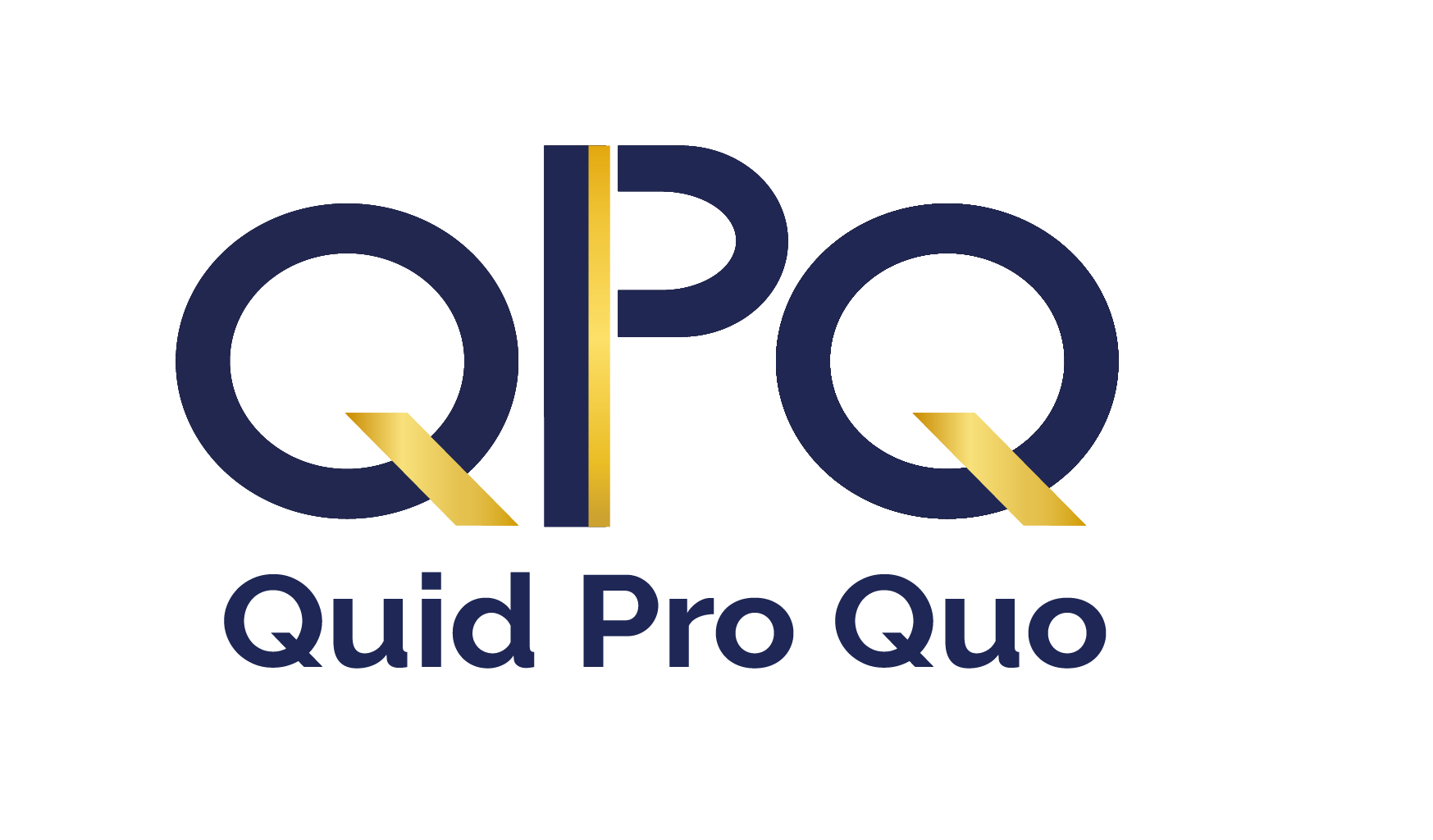Several law firms are looking towards mergers and acquisitions as a means to broaden their service offerings, boost their bottom lines, and better position themselves in an increasingly cutthroat legal market. Merging two legal firms is a difficult and challenging process that calls for extensive preparation, thorough research, and clear communication.
In this article, we’ll discuss the difficulties and opportunities that arise during a law firm merger, as well as the measures that business owners should take to guarantee a smooth transition.
Factors to Consider when Merging Law Firms
When deciding whether or not to merge two law firms, cultural compatibility is one of the most important considerations. Integrating the operations, technology, and people of two law firms with drastically different cultures can be a daunting task. When this is the case, it is essential to assess the cultures and values of both organizations to see if they are complementary and in sync.
Verifying Compatibility and Alignment of Business Models It is also crucial to examine the respective business models of the two law firms to make sure they are complementary and consistent with one another. It can be difficult to combine two law companies, for instance, if one uses an hourly billing model while the other uses a fixed-fee one. Hence, it is essential to harmonize the business strategies of both companies to lessen potential for conflict and guarantee a seamless transfer.
The financial soundness of the combined firm is another important consideration in law firm mergers. The financial condition of both legal firms needs to be carefully assessed. A financial analysis might disclose any debt, unpaid invoices, or cash flow concerns that may have an effect on the merger.
Challenges Law Firms Face During Mergers and Acquisitions
When two law firms merge or are acquired, one of the biggest obstacles is often combining their respective IT systems. Legal practices today rely heavily on a variety of computer programs to handle everyday tasks including billing, document organization, and client communication. Since this is the case, integrating software is not always a simple task and calls for meticulous preparation and execution.
Another major difficulty encountered by law firms during mergers and acquisitions is data migration. Legal practices collect and keep extensive volumes of data, such as client records, financial records, and case files. Avoiding data loss or corruption during a system migration involves careful preparation and execution.
Finally, the emotional impact of change is another crucial obstacle that law firms encounter throughout mergers and acquisitions. Anxiety, fear, and uncertainty about one’s job security, one’s place on the team, and one’s function in the future are all things that may affect employees in law firms. Consequently, it’s crucial to have good channels of communication and implement change management practices to lessen the negative effects of transitions on employees and boost morale.
Steps to Ensure a Successful Transition
A merger or purchase can only be effective with careful due diligence. The due diligence process involves comparing and contrasting the two legal firms’ resources, infrastructure, and operational procedures to spot any weaknesses or threats.
For a harmonious workplace and fewer disagreements, it’s crucial that employees are able to communicate clearly and openly with one another. Owners of law firms undergoing mergers have an obligation to be forthright with their plans and to keep staff updated.
A successful shift and productive workplace can only be achieved via careful attention to cultural integration. The leaders of a merged law firm should make an effort to learn about and accommodate the norms and practices of the new organization.
To sum up, merging two legal firms is a complex process that calls for extensive preparation, thorough research, and open lines of communication. A stronger, more competitive law firm can be the result for business owners who take the time to assess their alternatives, align their cultures and business models, and apply effective change management practices.
If you are interested in hiring our professional services when it comes to buying or selling a law firm, don’t hesitate to book a free 45 min call where we will go over your current state and what results you can achieve when working with us. Book a Call Here.
Learn more about the team behind Quid Pro Quo Law by clicking here.
To hear more about this topic, tune into our episode on Mergers and Acquisitions in our Smart Lawyers Position to Transition podcast:

